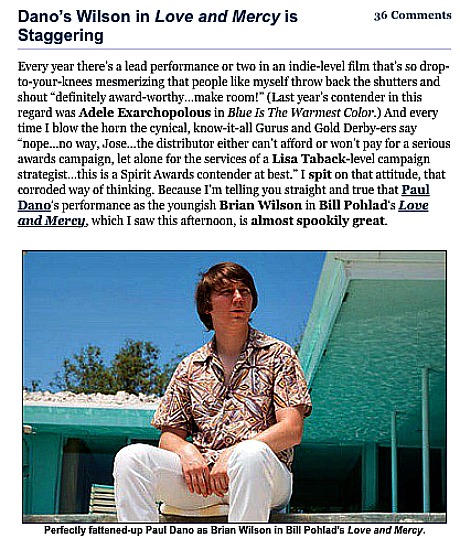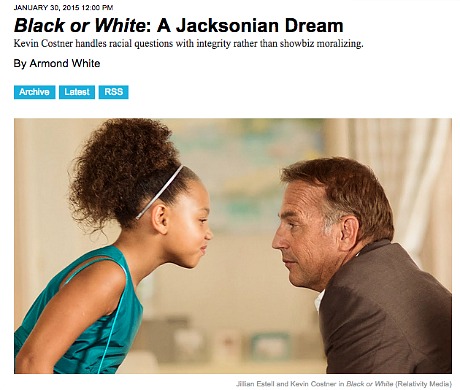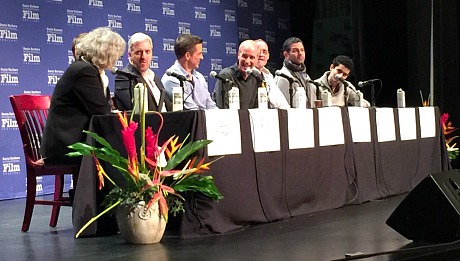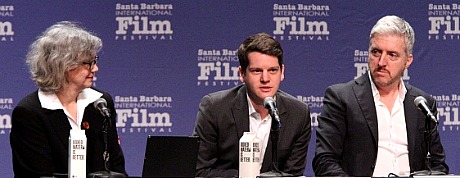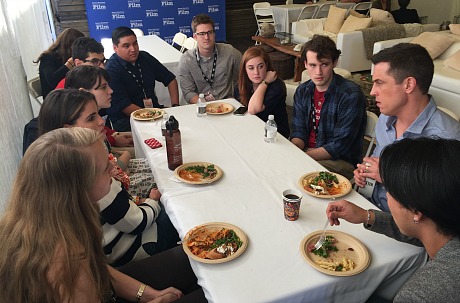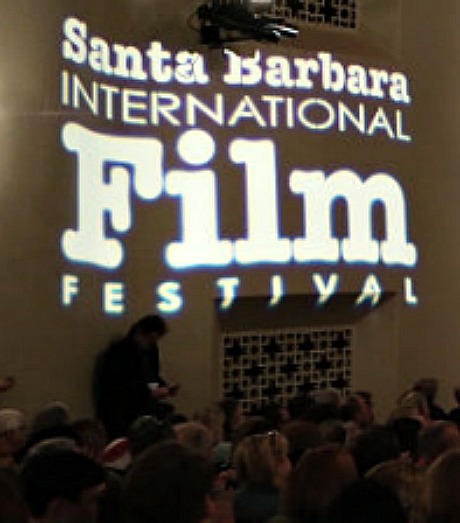The 2015 Oscar telecast happens three weeks from today. If producers Craig Zadan and Neil Meron are smart, they’ll try to make it play as well as last year’s show (which wasn’t too bad) and avoid the general awfulness of the 2013 Oscar telecast. That show was summed up by…well, you tell me. For some, I’m sure, it was Seth McFarlane‘s singing “We Saw Your Boobs.” Or the generally slick, shmaltzy, out-of-time Las Vegas vibe. For others it was the borderline absurd decision to hand Quentin Tarantino the Best Original Screenplay Oscar for Django Unchained (and in so doing ignore Mark Boal‘s infinitely superior Zero Dark Thirty screenplay). Or the show reminding everyone what a great film Chicago was. But for me it was the decision to have the hummingbird-sized Kristin Chenoweth (4’11”) do red-carpet interviews, and in so doing make 90% of the women she spoke to look like seven-foot-tall, 285-pound Amazons. How clueless did Zadan and Meron have to be to not realize this would happen?

